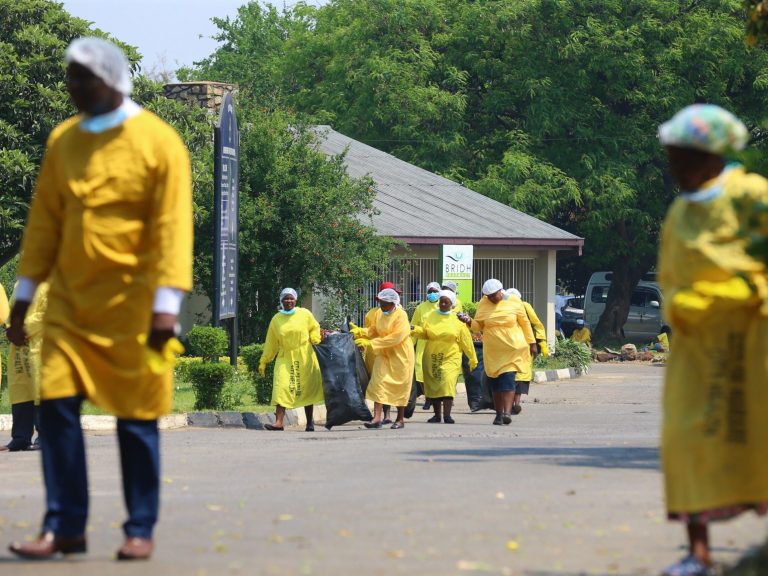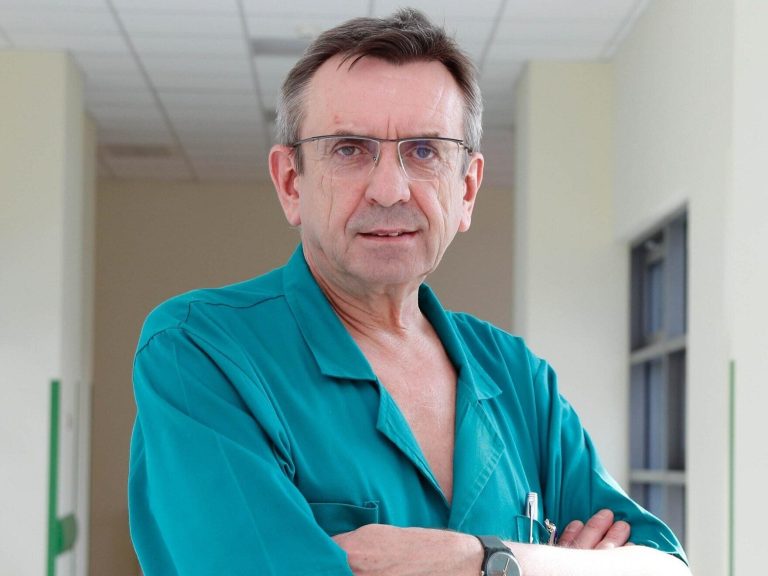Living with and after cancer: fear, shame, impotence, emptiness. Psycho-oncologist: Patients put on masks

Living with cancer is a constant management of fear. Cancer does not go away, even if you manage to beat it. The patient is told to go back to normal, but does not know what that means. He can’t push a button and live as if nothing happened. We talk to psycho-oncologist Adrianna Sobol about the depression of people who have won cancer.
Aleksandra Zalewska-Stankiewicz, “Directly”: Depression among cancer survivors is a taboo subject. Patients emphasize that their relatives and co-workers expect them to be happy with a happy ending, while they often feel empty. Why is this happening?”
Adrianna Sobol: More and more patients come to me who have completed the treatment process years ago and now need professional help because they are depressed. This topic is very much overlooked and disregarded, both by oncologists and patients’ families. This is because it is easy to confuse the symptoms of depression with the side effects of oncological treatment, when the patient is also weak and weepy, has no strength or appetite, and cannot sleep. Then loved ones often think: “he is crying because he has cancer.” Of course, chemotherapy and systemic treatments affect the nervous system and prefrontal structures, which causes these symptoms, but you need to know how to tell the difference between sadness and depression. It’s difficult because many patients mask themselves. They don’t want to worry their loved ones that they have a depressed mood. They think they must be strong and brave since everyone around them supports them.
There is a harmful myth that only the strongest will win against cancer. It’s bullshit. Emotions have the nature that they cannot be avoided. You can freeze them, but only temporarily. Often patients do not allow themselves to experience emotions – out of fear or shame. And when it turns out that they have recovered and can also return to normal, they are grief-stricken.
Out of fear?
Yes, because cancer patients hear that they will be able to live normally, but they do not know what it means for them now. Suddenly, they lose their guardianship status and are thrown into deep water again. And it takes time to get used to this normality. This is very difficult. In Poland, patients are rarely prepared to return to family, professional and social life. For several months and sometimes years, they were focused on the task at hand. It was hard, exhausting work, because oncological treatment is like that. They had to be disciplined and 100 percent committed. And suddenly there is emptiness and uncertainty about what will happen in the “new-old” reality. If this emptiness is accompanied by the release of frozen emotions, depressive episodes may occur. At this stage, you need the help of a specialist.
It doesn’t matter – president, celebrity, priest, doctor or manual worker – in the oncology ward, every patient feels lost and vulnerable. Or maybe there are patients who do not lack spirit in this clash?
I don’t know such people.






